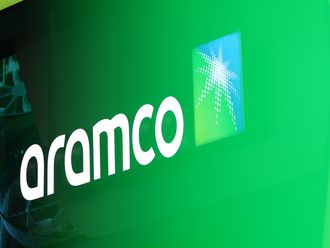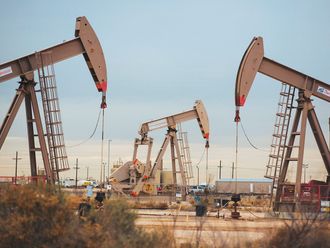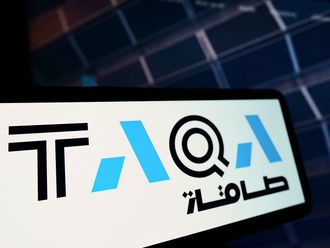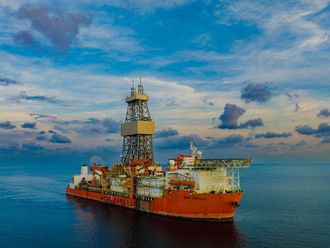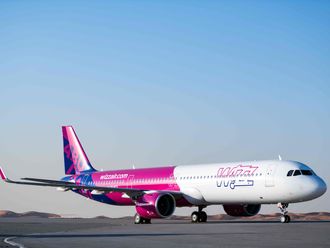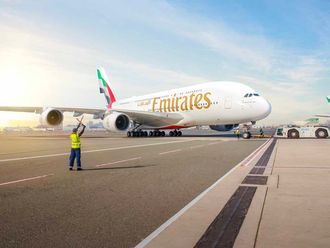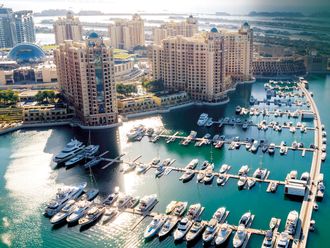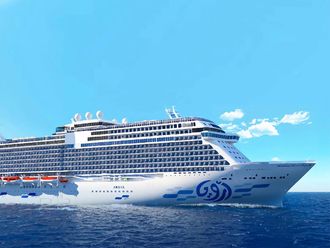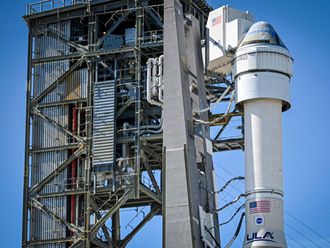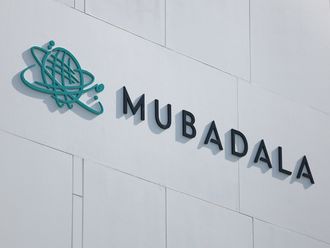Tehran: Iran needs 4.5 billion euros (Dh24.7 billion) to help develop two phases of its South Pars natural gas field in the Arabian Gulf and is holding "promising" talks with foreign firms on fin-ancing, the Oil Ministry website Shana reported on Sunday.
Managing director Rokneddin Javadi of Oil Industries Engineering and Construction Company said it had set up a negotiating team to help find funding for South Pars phases 21 and 22.
Promising
"At the moment, they are negotiating with foreign firms... the negotiations with these foreign firms are promising," he was quoted as saying by Shana, without naming the companies.
Iran sits on the world's second-largest natural gas reserves after Russia, but US and United Nations sanctions imposed over its disputed nuclear work have delayed development of major exports.
Western firms are increasingly wary of investing in Iran, the world's fifth-largest oil exporter, due to the standoff over Tehran's nuclear programme, which the West suspects is aimed at making bombs. Iran rejects the charge.
But Iran is still drawing interest from Indian, Chinese and other Asian firms seen as less susceptible to international pressures.
Gasoline imports to rise
Iran, which could face gasoline sanctions over its nuclear energy programme, will raise daily imports of gasoline and diesel fuel by 27 per cent to 31 million litres by March, semi-official news agency Mehr said on Sunday.
"It is predicted that the daily imports of gasoline and gas oil (diesel fuel) will rise to 22 and 9 million litres per day respectively, by the end of this year," it quoted Deputy Oil Minister Noureddin Shahnazizadeh as saying.
The current Iranian year ends March 20.
"The average amount of gasoline and gas oil imported since the beginning of the current year were about 21 and 3.4 million litres per day respectively," said Shahnazizadeh, who is also Managing Director of National Iranian Oil Refining an d Distribution Company.
Iran is the world's fifth-largest oil exporter but lacks sufficient refining capacity to meet domestic gasoline needs, forcing it to import up to 40 per cent of its needs.
This makes the Islamic republic vulnerable to any Western decision to target the gasoline trade as a way to put pressure on Tehran over its disputed nuclear programme.


